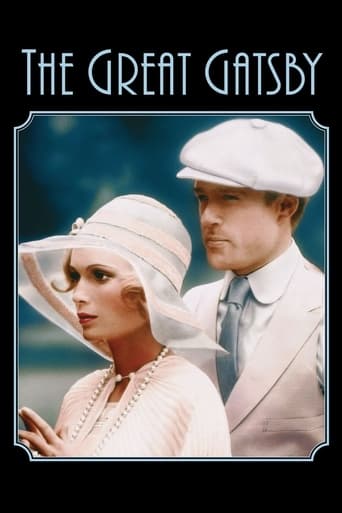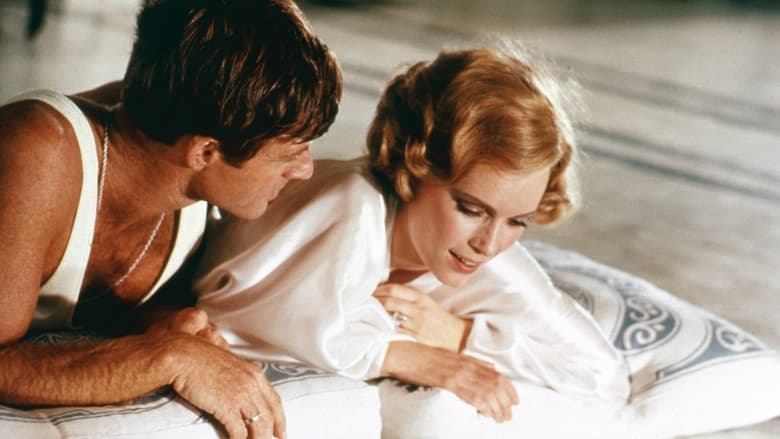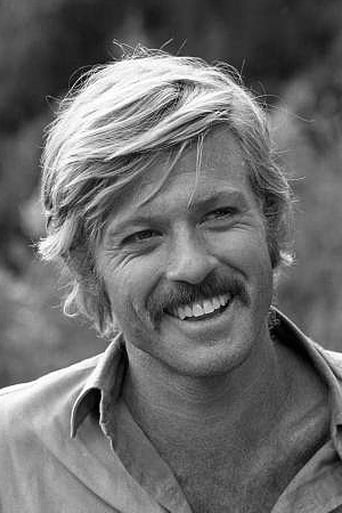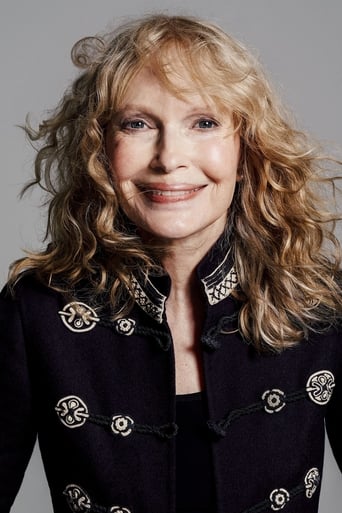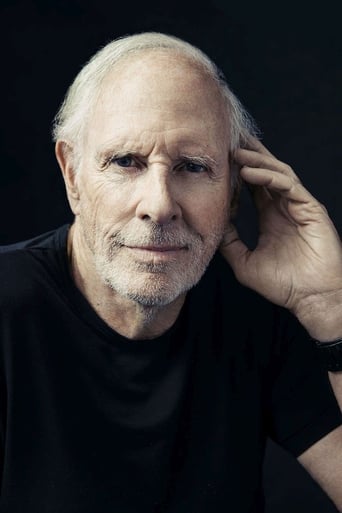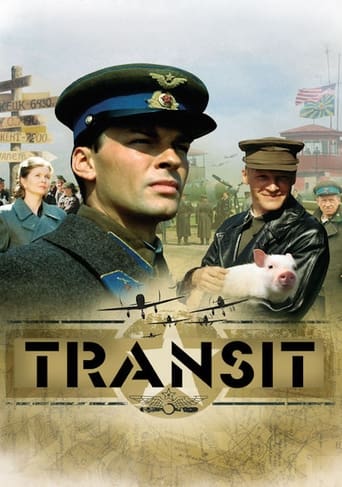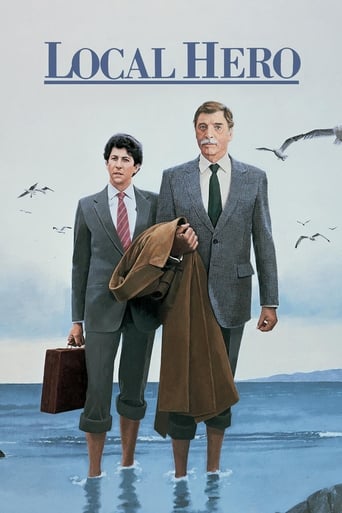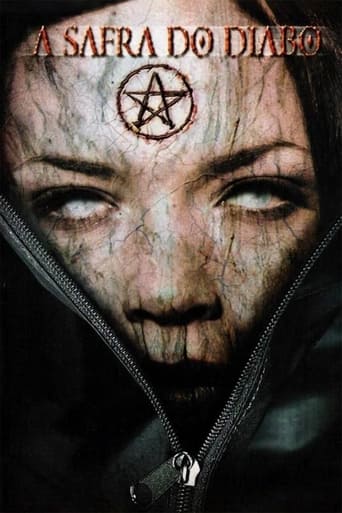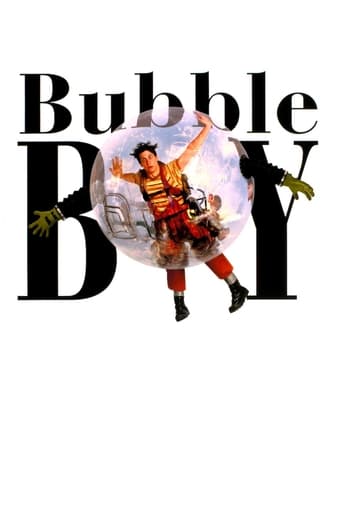The Great Gatsby (1974)
Nick Carraway, a young Midwesterner now living on Long Island, finds himself fascinated by the mysterious past and lavish lifestyle of his neighbor, the nouveau riche Jay Gatsby. He is drawn into Gatsby's circle, becoming a witness to obsession and tragedy.
Watch Trailer
Cast
Similar titles
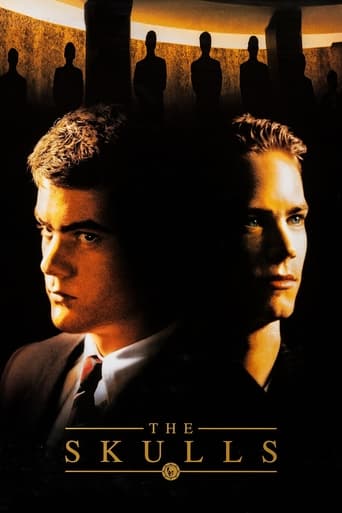
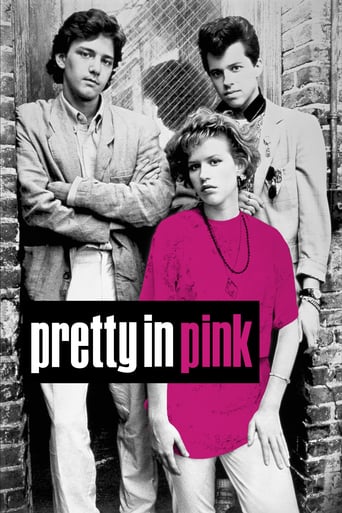

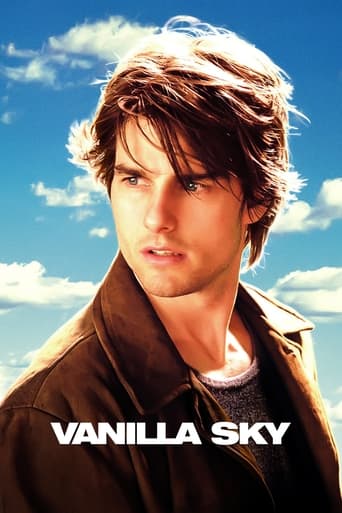
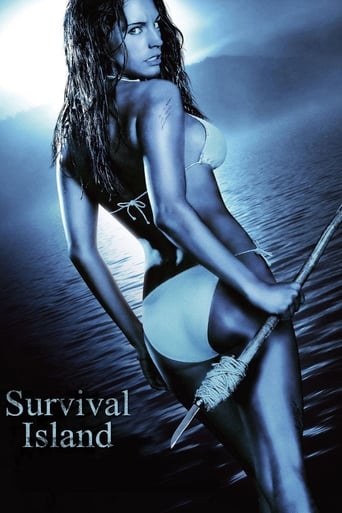
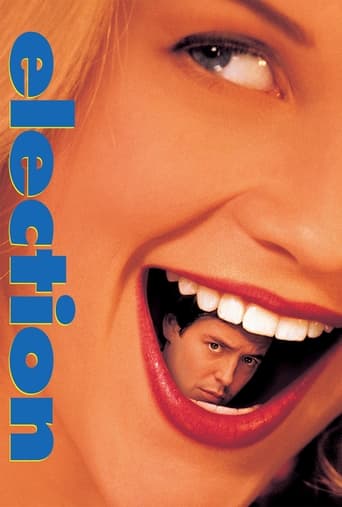
Reviews
Memorable, crazy movie
hyped garbage
How sad is this?
I cannot think of one single thing that I would change about this film. The acting is incomparable, the directing deft, and the writing poignantly brilliant.
Before the disappointing adaptation of this film in 2013 came another disappointment. It would be the Robert Redford/Mia Farrow version mentioned here. I agree with the criticism of one earlier reviewer: the casting was the problem. I'm a great fan of Robert Redford. I never bought him as Jay Gatsby. He was in his pretty boy period and didn't have the bruises of experience to come across as Fitzgerald portrayed him. Mia Farrow seem like a weak Daisy. And then there is one of the strangest actresses of all time, Karen Black, with those beady little eyes, having an affair with Tom Buchanan. There is a dancing around everything with the missing angst that is the novel. I love this book and the book is the language and when you have basically poetry, except for occasional narration, it just doesn't cross over. There are many books that really should not be made into movies. I have to admit, I've never seen the first effort at this. Maybe it worked better.
" . . . that's the best thing a girl can be in this world, a beautiful little fool," Daisy Buchanan recounts to her cousin\confidante Nick Carraway regarding her innermost thoughts on the birth of her only child, "Precious" Pamela. Actress Mia Farrow campaigned desperately to attain this role of "Daisy." Yes, this is the same Ms. Farrow who'd become, first, Hollywood mogul Woody Allen's mistress, then his mother-in-law. THE GREAT GATSBY (1974) is a perfect barometer for this looming Real Life Oedipul Mess. Daisy is a loose cannon; a careless, hit-and-run type of a person, as fickle as a magnet. She allows herself to be picked up by anyone with Big Money. As she careens through Life, totally oblivious to the carnage left in her wake, her tiniest creature comfort takes precedence over the very lives of the vast mass of humanity cursed with only a normal amount of wealth. Like Ms. Farrow, Daisy is a "beautiful little fool" willing to besmirch husband Tom the instant an opportunity for financial betterment presents itself. Many have argued that "Tom Buchanan" and Woody Allen are uncouth, as well as being socially inept (Tom spouts racist Nazisms, while Woody marries his daughters). The common Femme Fatale? Mia Farrow.
If you can get past the god-awful acting, the dull camera- work, and the horribly drawn out story, you will see that the 1974 film adaptation of The Great Gatsby is actually, surprisingly faithful to the novel. Though not exactly emulating the mood that the novel had, Jack Clayton directs a film that sticks very close to original story that Fitzgerald envisioned. A decadent and lavish lifestyle is portrayed with the utmost attention to detail, careful not to stray far from the book. But, as it seems to be with every book-to-film adaptation, there are some minor differences. All of these differences honestly, do not really seem to make that big of a difference though. The biggest changes that the movie seems to make are the alterations of the dialogue, which the writer no doubt made to make the conversations, scenes, and overall story flow better on screen. Other minor differences include the fact that in the book, Tom is described as a "hulking brute of a man", while in the film, he is just portrayed as an average looking guy. This change does not affect the story much, if at all, and was probably made just because it would be kind of off-putting to see an incredibly giant, muscular man the entire run-time of this movie. Mostly, all of the changes are a lot like these two. They help to adapt the novel onto the big screen and they rarely ever take away from the actual story in any way, shape, or form.But, in my personal opinion, I thought that the book was far superior to the movie-adaptation. The novel felt as though it had so much more character and atmosphere while the movie just loses all of the spirit that the original had. Also, as with most film adaptations of books, you lose the key factor that your imagination plays when you are reading the book. You get to envision everything that the author wanted you to see when he wrote it. But with the film, there is no envisioning, no imagination. Just the pictures that came to the director's mind when he read the book. Film can be an incredibly powerful form of emotion and story-telling, but when done like this, I think that you are better off with the book.
The movie's plot thickens towards the end but ultimately fails to capture the nuances of character that only the printed page can provide. As such, it lacks both the gripping drama of film and the thoughtful depth of a written work leaving the viewer high and dry. The last 30 minutes or so retain the viewer's attention as a murder mystery, but the other 75% of the movie is painfully slow, vapid, and uninteresting. It tries desperately to be artistic, but instead succeeds in being sophomoric at best. For instance: there a shot which lasts almost a full 6 seconds (I think) which consists solely of a dancing woman rabidly flailing her mini skirt back and forth at a dance party. After an agonizing 1hr or so of this, we get a brief, relatively simple murder mystery, and the end.
